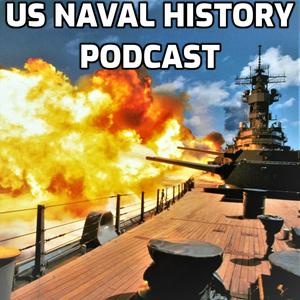Why did the United States fight the Barbary Wars? How did early American diplomacy, economics, and naval power converge to confront North Africa's Barbary states?
In this episode of the U.S. Naval History Podcast, Chase Dalton interviews Professor Abby Mullen from the United States Naval Academy, author of To Fix a National Character: The United States in the First Barbary War, 1800-1805. Together, they explore the Barbary Wars through the lens of diplomacy, economic strategy, and naval action.
We discuss:
- The diplomatic landscape between the United States, Barbary states, and European powers,
- The importance of trade routes and the Mediterranean post-Independence,
- How American naval captains operated under minimal guidance, acting as both diplomats and warriors,
- The ideological motivations driving early U.S. foreign policy, and
- The role of European powers and international relations in shaping the outcome of the Barbary Wars.
We also dive into how the U.S. Navy developed through these conflicts and the lessons learned for future engagements.
Subscribe to support the show ($3/month):
https://www.usnavalhistory.com/#/portal/signup
Email me at:
[email protected]
Buy To Fix A National Character here! (https://www.amazon.com/Fix-National-Character-Barbary-1800-1805/dp/1421449269)
